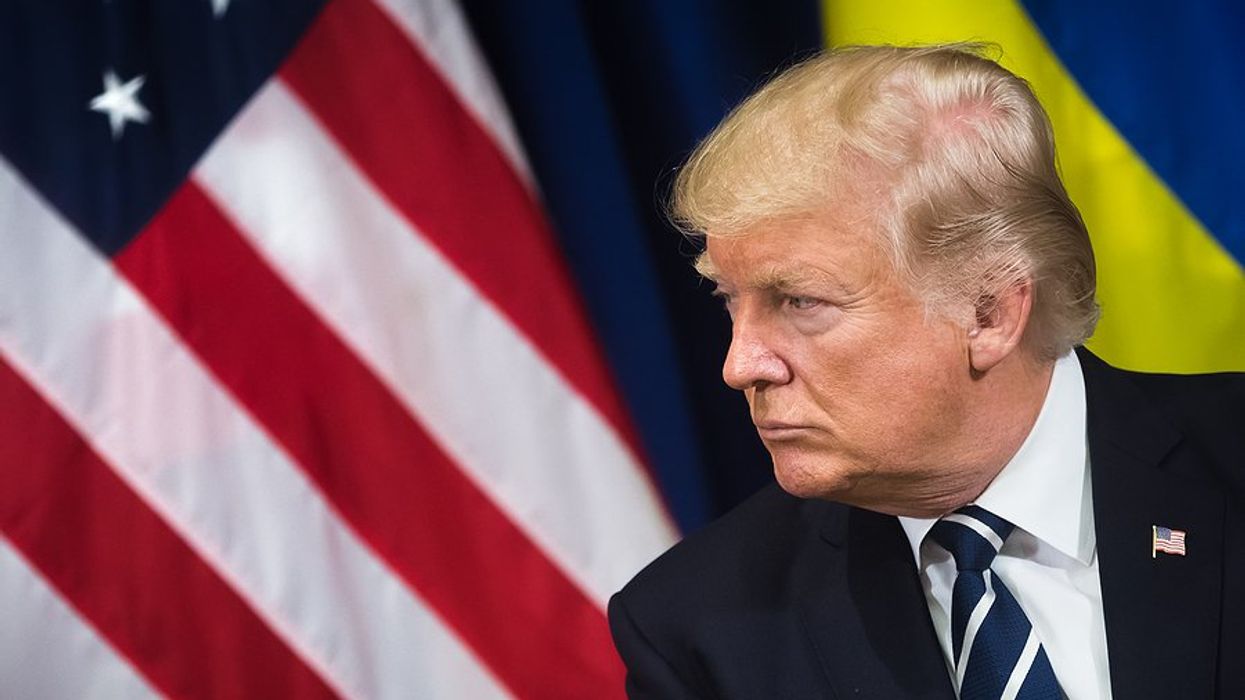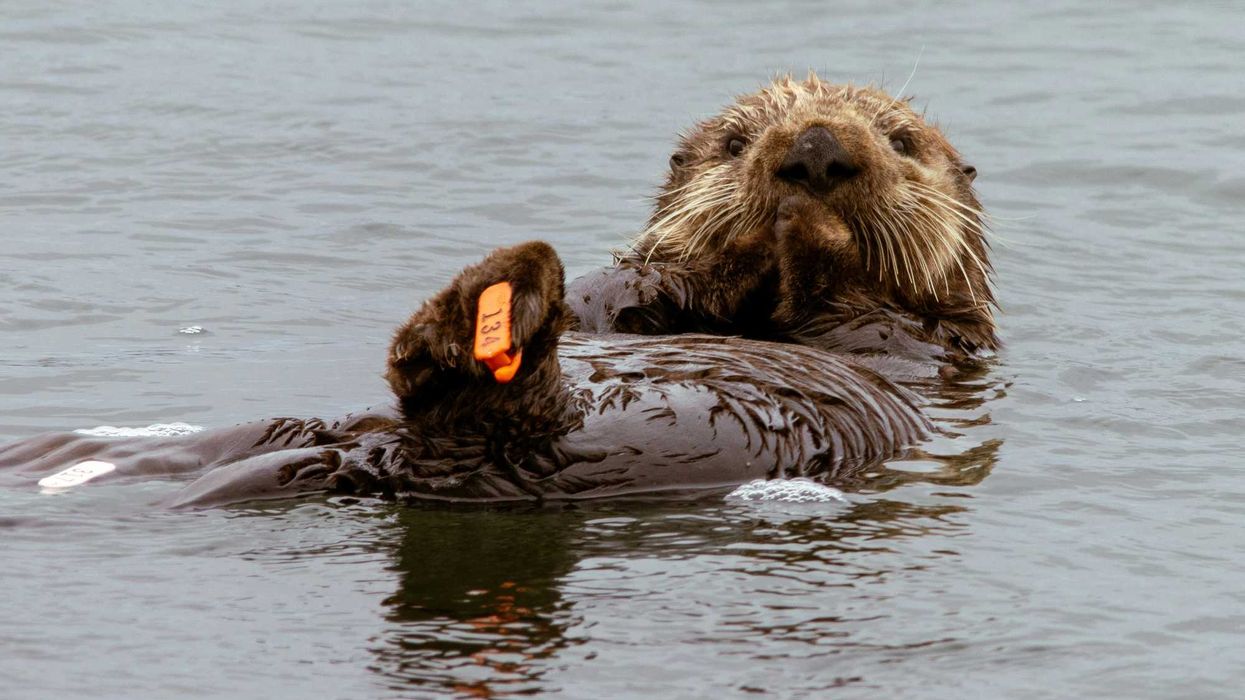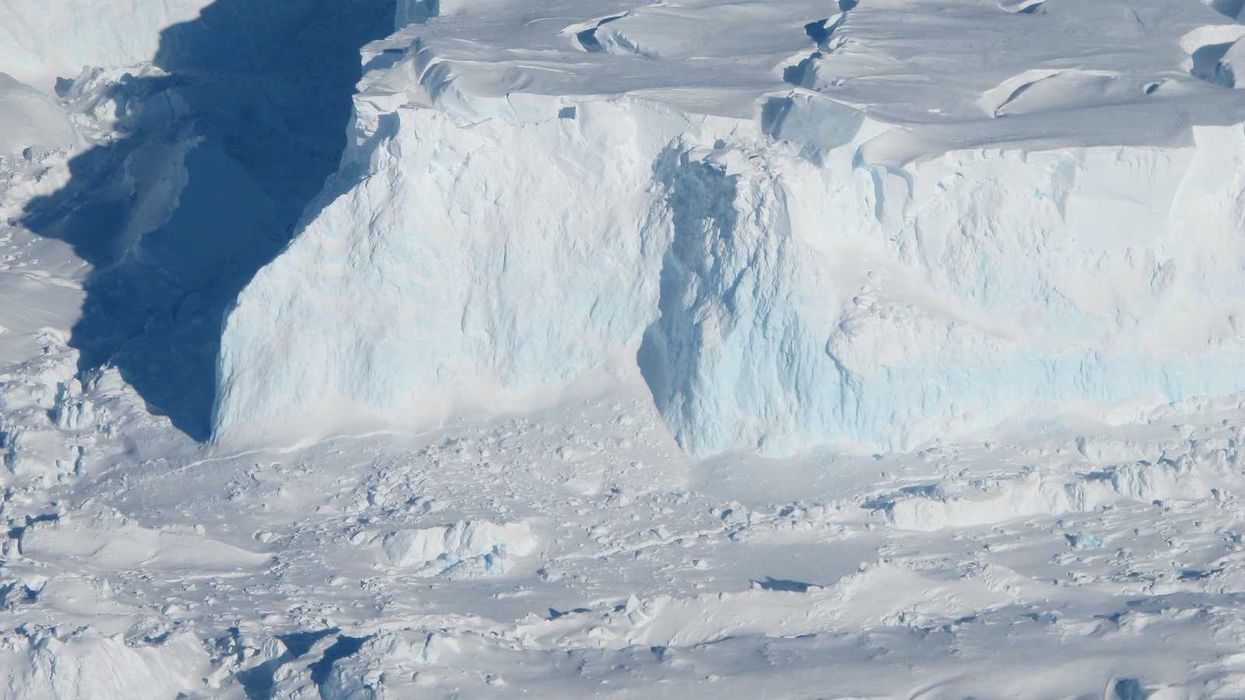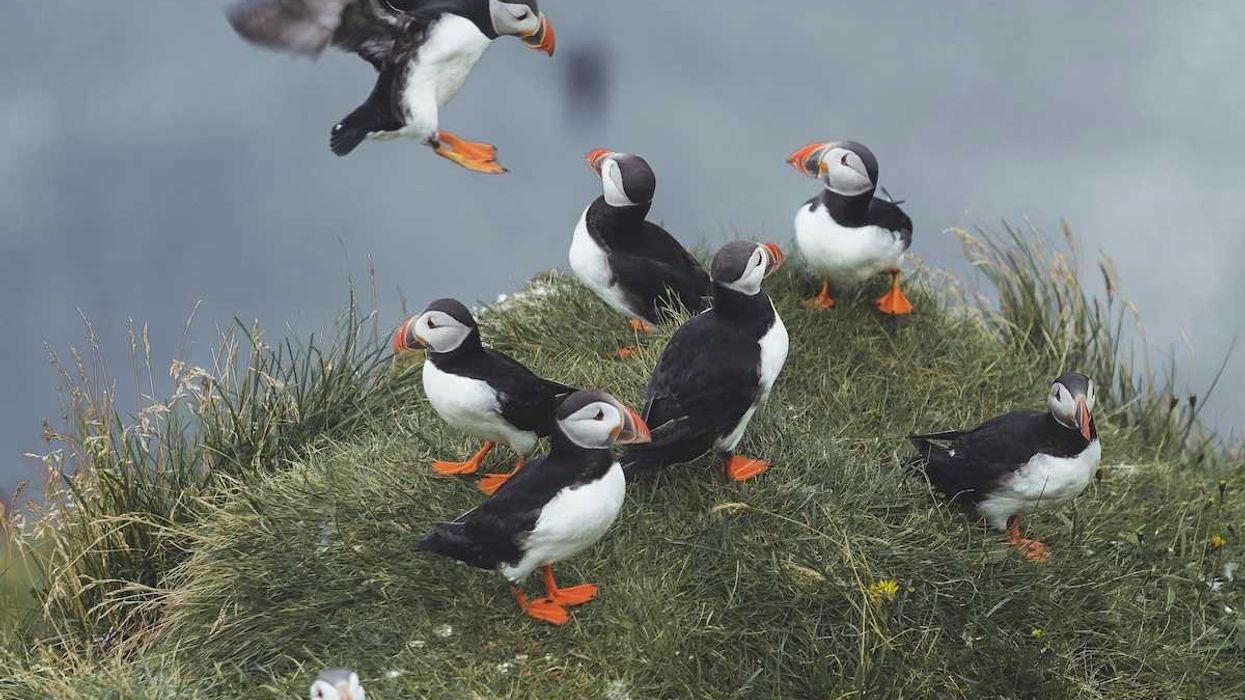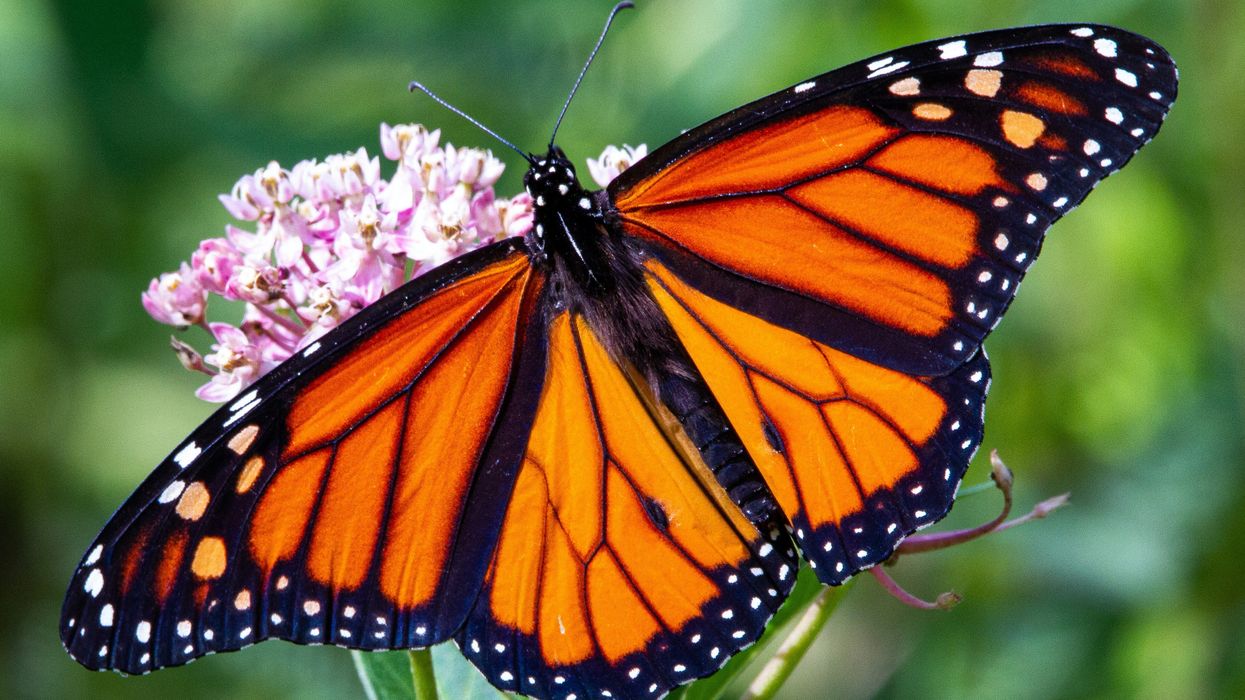The Trump administration has terminated funding for dozens of pandemic preparedness research projects, including studies on vaccines and antivirals for viruses beyond Covid-19.
Carl Zimmer and Apoorva Mandavilli report for The New York Times.
In short:
- The Department of Health and Human Services cut funding for research centers working on broad-spectrum antivirals and vaccines against future pandemic threats, citing the end of the Covid emergency.
- Scientists had made significant progress on drugs targeting pathogens like Ebola and Nipah, and on vaccine strategies to protect against multiple coronaviruses.
- Health Secretary Robert F. Kennedy Jr. has shifted priorities at the National Institutes of Health from infectious disease to chronic disease, prompting uncertainty among U.S.-based virologists and vaccine researchers.
Key quote:
“The idea that we don’t need further research to learn how to treat health problems caused by coronaviruses and prevent future pandemics because ‘Covid-19 is over’ is absurd.”
— Pamela Bjorkman, structural biologist at Caltech
Why this matters:
Even as the acute phase of the Covid-19 pandemic fades, the threat of another deadly outbreak remains very real — and arguably more dangerous in a world grappling with rising temperatures, mass displacement, and rapid deforestation. These shifts have brought humans and wildlife into closer, more frequent contact, creating ideal conditions for zoonotic spillovers — the moment when viruses jump from animals to humans. Scientists warn that viruses like Nipah and Ebola, along with still-unknown strains of coronaviruses, are lurking in animal reservoirs and could ignite the next global health crisis.
What made the Covid-19 response possible — despite its many flaws — was years of investment in early-stage research and vaccine platforms, much of it overlooked until it was suddenly life-saving. Now, with political winds shifting and pandemic fatigue settling in, U.S. funding for this kind of work is drying up. That leaves researchers scrambling, projects stalled, and some of the country’s best virologists and immunologists leaving the field.
Related: Disease surveillance weakens as public health risks grow





